
Last Tuesday, two St. Louis police officers shot and killed 25-year-old Kajieme Powell just a few miles away from the ongoing protests sparked by the police killing of another young black man, Michael Brown of Ferguson, Missouri.

Last Tuesday, two St. Louis police officers shot and killed 25-year-old Kajieme Powell just a few miles away from the ongoing protests sparked by the police killing of another young black man, Michael Brown of Ferguson, Missouri.
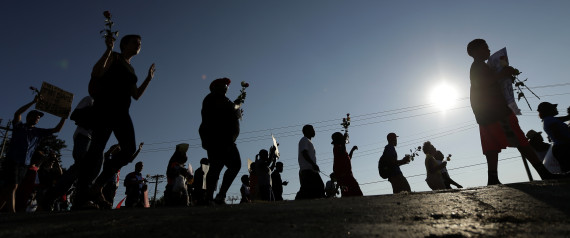
Ferguson’s fires run counter to the narrative about suburbia, the story Americans tell themselves about strip malls and rolling lawns, about McMansions and upward mobility.

Throughout the global African community, we gather together this month to celebrate the centennial of the founding of the Universal Negro Improvement Association…
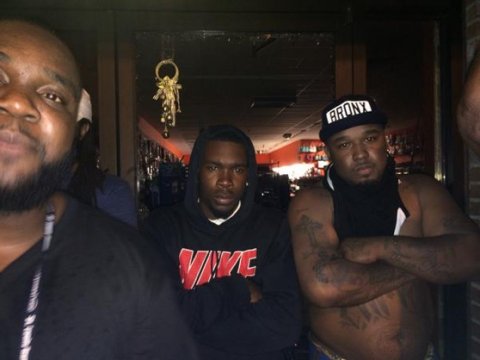
#BlackTwitter has always been that special place in the Twitterverse where African Americans have congregated to discuss issues germane to the black experience, but recent events in Ferguson, Mo., have solidified it as something more: a vital 24-hour news source.
The killing of Michael Brown, an unarmed black teenager by a police officer in Ferguson, Missouri, and the city’s handling of the case and subsequent protests has once again focused minds on race discrimination in the US. Just how quickly the incident became incendiary shows how tension and segregation are never far from the surface.
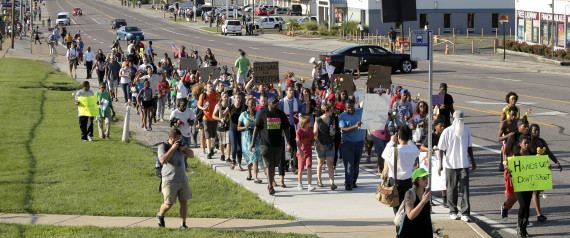
The days succeeding the tragic police shooting death of an unarmed black teenager in Ferguson, Missouri, have further affirmed or exposed several unfortunate realities present within our society today.
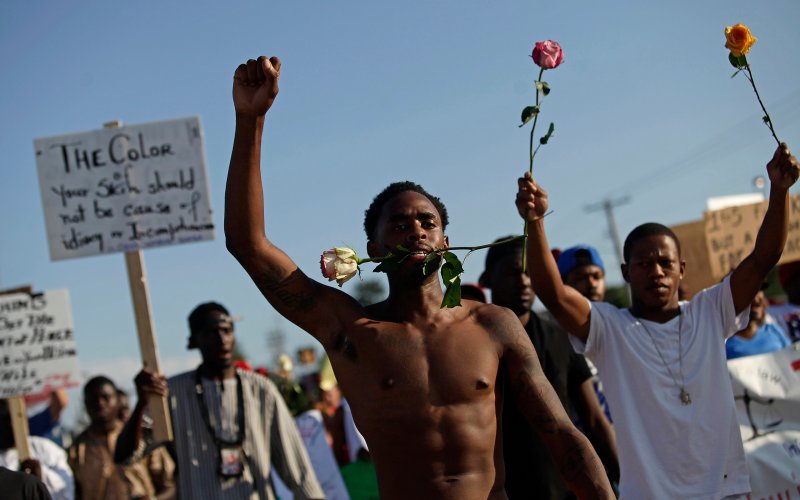
Michael Brown’s family and community deserve more than the slim chance of his killer going to jail. Another Midwestern town, torn by a police shooting, has the answer.
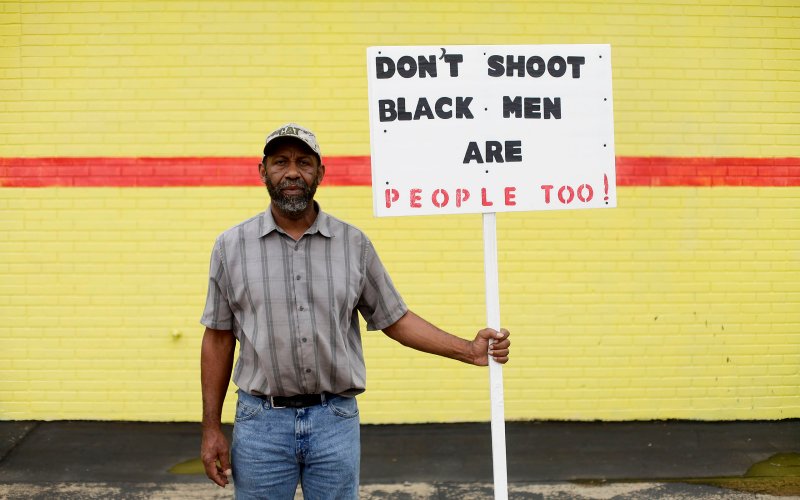
As the Brown grand jury hears evidence, are its white and black members even hearing the same thing? Many studies suggest: probably not.
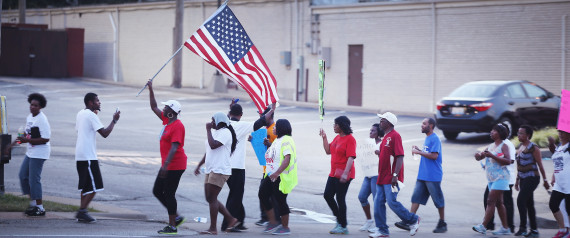
This is the year in which we celebrated the 50th anniversary of the signing of the Civil Rights Bill.
Events such as the killing of unarmed, 18-year-old Michael Brown in Ferguson, Mo., can provide the moral shock that political movements need to build their ranks and bring attention to a community’s afflictions. They can be like the murder of 14-year-old Emmett Till in 1955 or the beating death of Matthew Shepard in 1998 — transformative episodes that remake perceptions and force a society to abandon abhorrent practices.
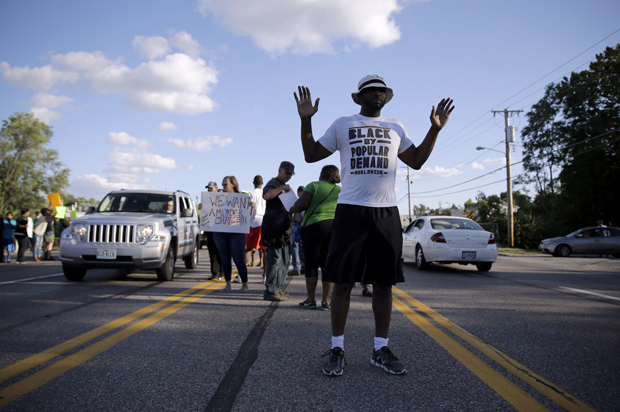
The murder of Michael Brown in Ferguson, Missouri, immediately took me back to a little more than a year ago, when I received a text from my then-16-year-old son.